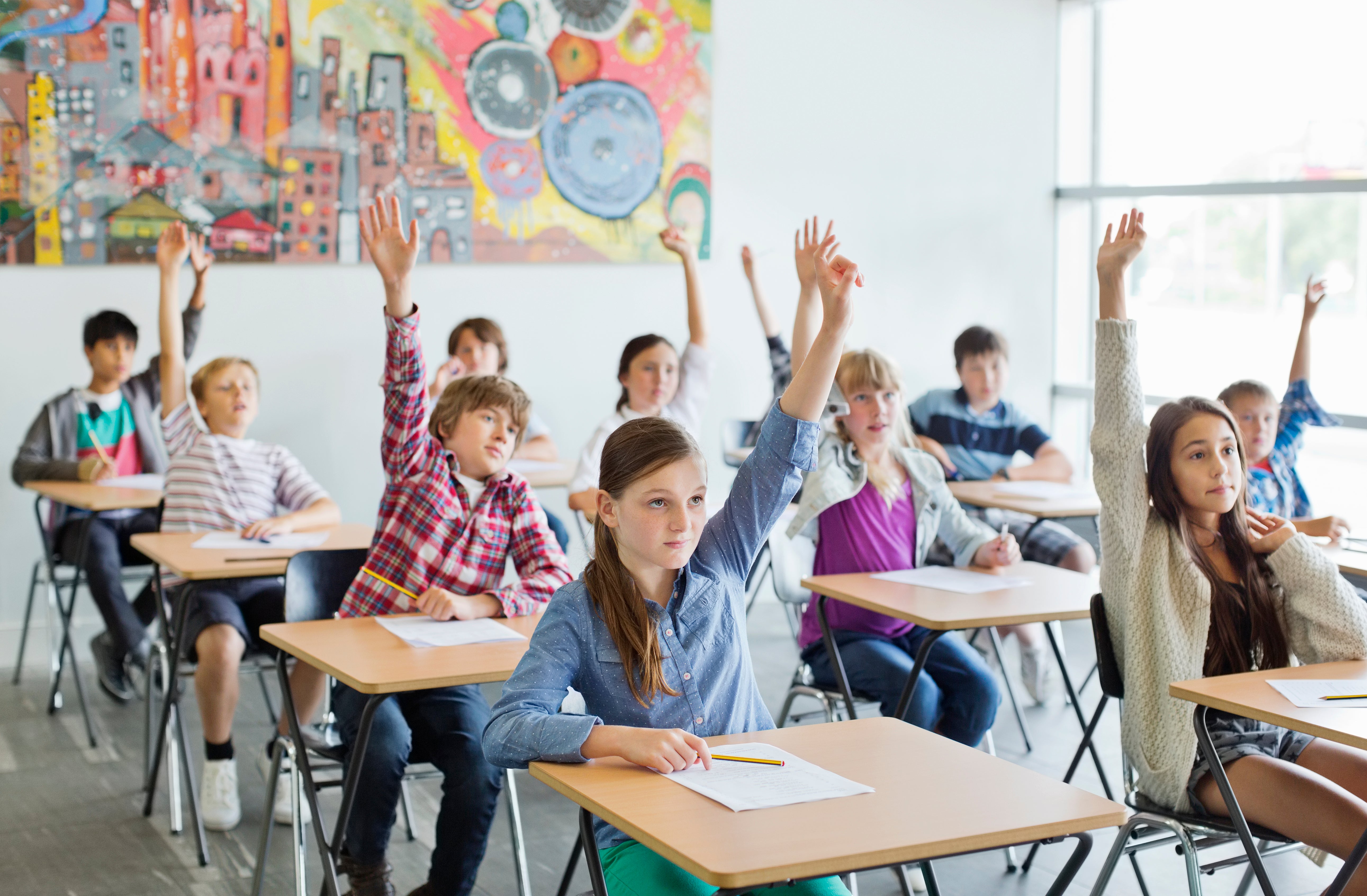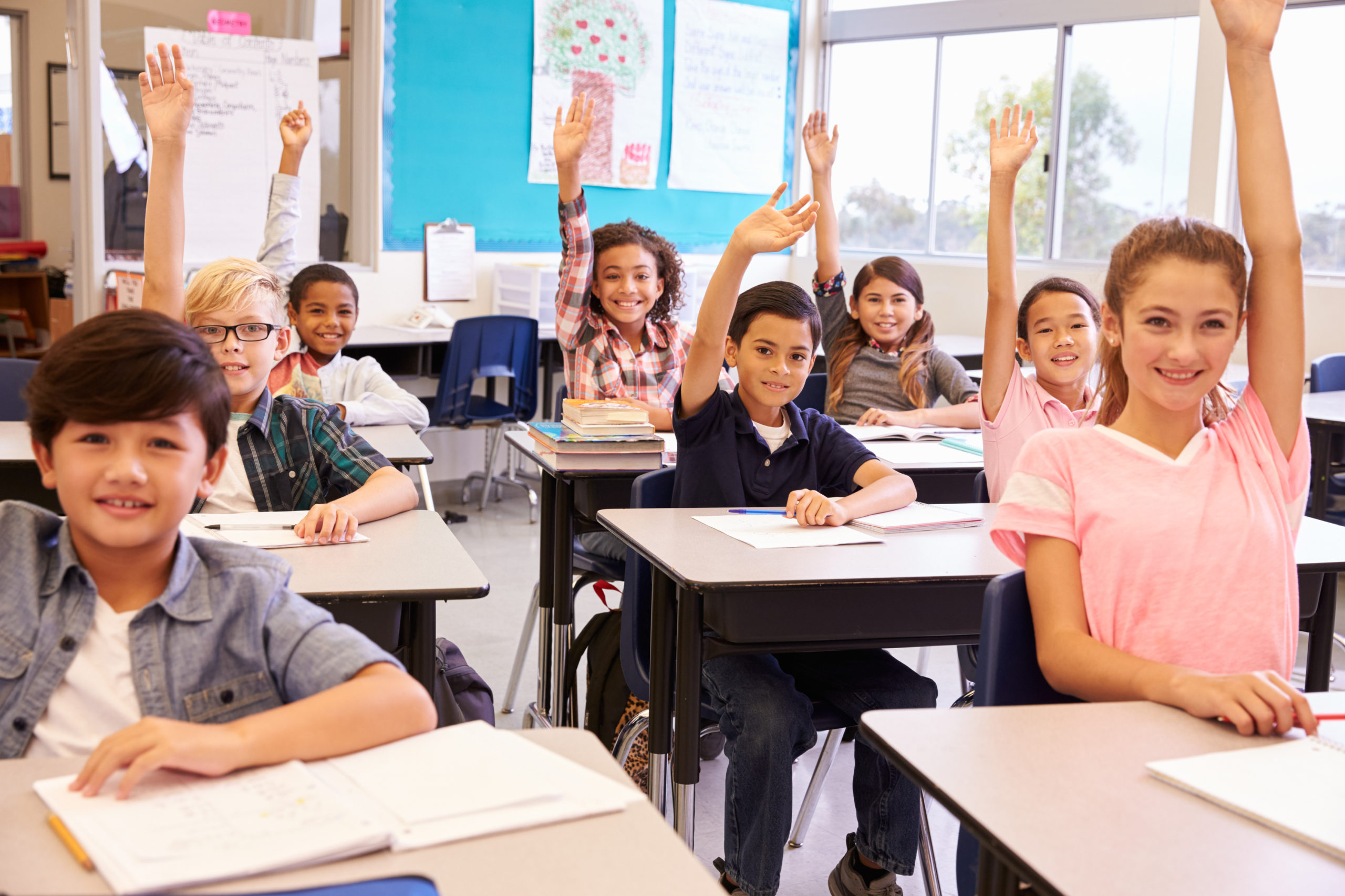Fundraising Ideas to Conserve Temecula Schools and Programs
Comprehending the Importance of Institutions in Youngster Growth and Community Development
Institutions' engagement with regional areas with service-learning initiatives enhances the bond between family members and educational institutions. This symbiotic relationship underscores the value of colleges in nurturing active citizenship and lifelong learning routines.
Academic Achievement
Academic achievement serves as a cornerstone of youngster advancement, giving the structure upon which future knowing and success are built. Institutions play a crucial duty in promoting this scholastic growth, using organized settings where youngsters can get crucial knowledge and cognitive abilities. Standard curricula ensure that students gain effectiveness in core subjects such as mathematics, scientific research, and language arts, which are critical for both higher education and learning and expert opportunities.
In enhancement to imparting essential academic skills, colleges also grow essential reasoning, problem-solving capabilities, and intellectual curiosity. These cognitive proficiencies are important for browsing complex real-world circumstances and adapting to the ever-evolving needs of the modern work environment. Teachers, as facilitators of understanding, employ diverse instructional approaches to satisfy different knowing styles, thus taking full advantage of private trainee possibility.
Moreover, academic success is very closely linked to self-worth and motivation. Kids that experience scholastic accomplishments are extra likely to establish a favorable self-concept and a lifelong passion for discovering. Schools also offer various sources, such as libraries and modern technology, which further improve the instructional experience and prepare trainees for a highly innovative society.
Social Skill Development
Beyond scholastic achievement, the duty of colleges in social skill development is crucial. Schools act as a primary venue for youngsters to discover and practice necessary social skills such as teamwork, communication, and problem resolution. In the structured setting of a class, pupils connect with peers, instructors, and other institution personnel, supplying various opportunities to create these critical abilities.
Reliable social skill growth in schools is assisted in via group tasks, collaborative tasks, and extracurricular programs. These interactions aid pupils comprehend social norms, construct empathy, and foster a feeling of area. Group tasks instruct trainees how to work together towards a common goal, pay attention to various point of views, and navigate disagreements constructively.

The growing of social abilities throughout academic year lays a structure for future individual and professional connections. Save Temecula Schools. As pupils grow, the capacity to properly work together and communicate becomes progressively important, highlighting the college's crucial duty in all natural youngster advancement
Direct Exposure to Diversity
Direct exposure to diversity in schools is basic to promoting an inclusive frame of mind and expanding pupils' point of views. Schools offer as a microcosm of the wider society, and experiencing varied cultures, languages, and socioeconomic histories within this atmosphere equips pupils with essential skills for browsing a significantly globalized world. This direct exposure urges compassion, reduces prejudices, and promotes shared respect among peers.
Varied class likewise improve cognitive and social development. Study shows that trainees who communicate with peers from varied backgrounds exhibit better analytical abilities and creativity. They find out to value various point of views, which enriches class conversations and cultivates a more vibrant understanding experience. Furthermore, this understanding of variety prepares pupils for future work environments that worth multicultural competence.

Community Engagement
The benefits of diverse classrooms extend past the college walls, fostering a strong feeling of neighborhood involvement among pupils. By engaging with peers from various cultural, socioeconomic, and ethnic histories, students gain a broader viewpoint and an appreciation for variety. This exposure urges them to end up being energetic people who are willing to internet add positively to their areas.
Colleges that highlight community interaction often integrate service-learning projects, which permit trainees to attend to real-world problems while applying academic abilities. These jobs not just enhance trainees' understanding of their coursework but also infuse a feeling of obligation and empathy. In addition, partnerships between colleges and regional companies offer trainees with opportunities to join community occasions, additionally strengthening their duty as proactive area participants.
Additionally, adult and area participation in colleges strengthens the bond in between instructional establishments and the areas they offer. Via these efforts, schools play a critical function in supporting neighborhood interaction and cultivating social growth.
Lifelong Discovering Habits
Establishing lifelong understanding habits is vital for a child's constant development and versatility in an ever-changing world. Schools play a pivotal role in instilling these behaviors by producing a setting that cultivates curiosity, essential reasoning, and a love for expertise. Via varied curricula and extracurricular activities, educators encourage trainees to check out various subjects, Full Report assess details seriously, and apply their learning to real-world circumstances.

Furthermore, institutions give a structured environment where children can create self-control and time monitoring skills, both of which are crucial for continuous learning. By highlighting the significance of establishing objectives, assessing development, and adapting strategies, instructional establishments prepare pupils to browse the complexities of grown-up life, ensuring they remain lifelong learners and contributors to society.
Conclusion
In conclusion, institutions are vital in promoting kid growth and area development by offering atmospheres for academic success, social skill development, and exposure to variety. Through joint projects and interactions, schools enhance essential reasoning, empathy, and communication abilities. Neighborhood involvement initiatives even more enhance the bond in between local communities and instructional institutions. Ultimately, schools grow long-lasting discovering habits, equipping people with the necessary expertise and abilities to contribute favorably to culture.
In the structured setting of a classroom, students interact with peers, teachers, and various other institution staff, using many possibilities to create these vital capacities.
In essence, exposure to variety within institutions not just improves specific pupils but additionally strengthens the social textile of the neighborhood as a whole.
The benefits of varied classrooms expand beyond the college walls, cultivating a solid sense of area click now involvement amongst pupils.Colleges that highlight community involvement commonly include service-learning projects, which permit pupils to address real-world troubles while applying scholastic skills. Partnerships between schools and regional companies supply trainees with chances to participate in neighborhood events, even more strengthening their role as positive community participants.